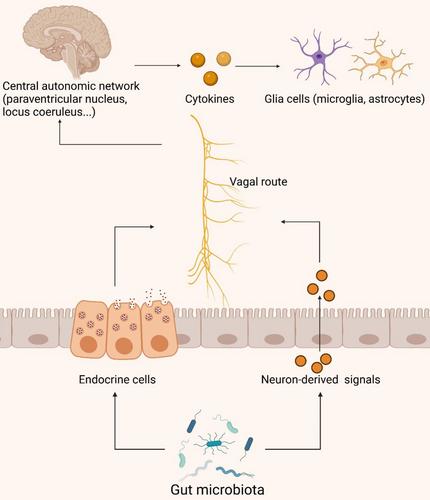Alzheimer's disease (AD) is characterized by progressive cognitive decline and neuronal loss, commonly linked to amyloid-β plaques, neurofibrillary tangles, and neuroinflammation. Recent research highlights the gut microbiota as a key player in modulating neuroinflammation, a critical pathological feature of AD. Understanding the role of the gut microbiota in this process is essential for uncovering new therapeutic avenues and gaining deeper insights into AD pathogenesis.
This review provides a comprehensive analysis of how gut microbiota influences neuroinflammation and glial cell function in AD. A systematic literature search was conducted, covering studies from 2014 to 2024, including reviews, clinical trials, and animal studies. Keywords such as “gut microbiota,” “Alzheimer's disease,” “neuroinflammation,” and “blood–brain barrier” were used.
Dysbiosis, or the imbalance in gut microbiota composition, has been implicated in the modulation of key AD-related mechanisms, including neuroinflammation, blood–brain barrier integrity, and neurotransmitter regulation. These disruptions may accelerate the onset and progression of AD. Additionally, therapeutic strategies targeting gut microbiota, such as probiotics, prebiotics, and fecal microbiota transplantation, show promise in modulating AD pathology.
The gut microbiota is a pivotal factor in AD pathogenesis, influencing neuroinflammation and disease progression. Understanding the role of gut microbiota in AD opens avenues for innovative diagnostic, preventive, and therapeutic strategies.



